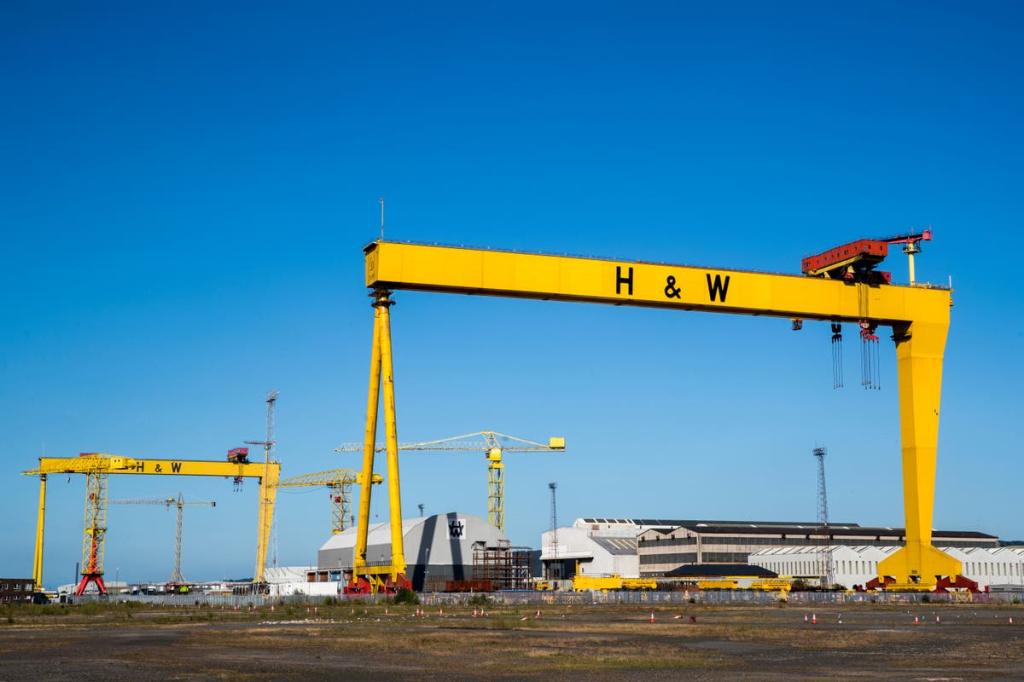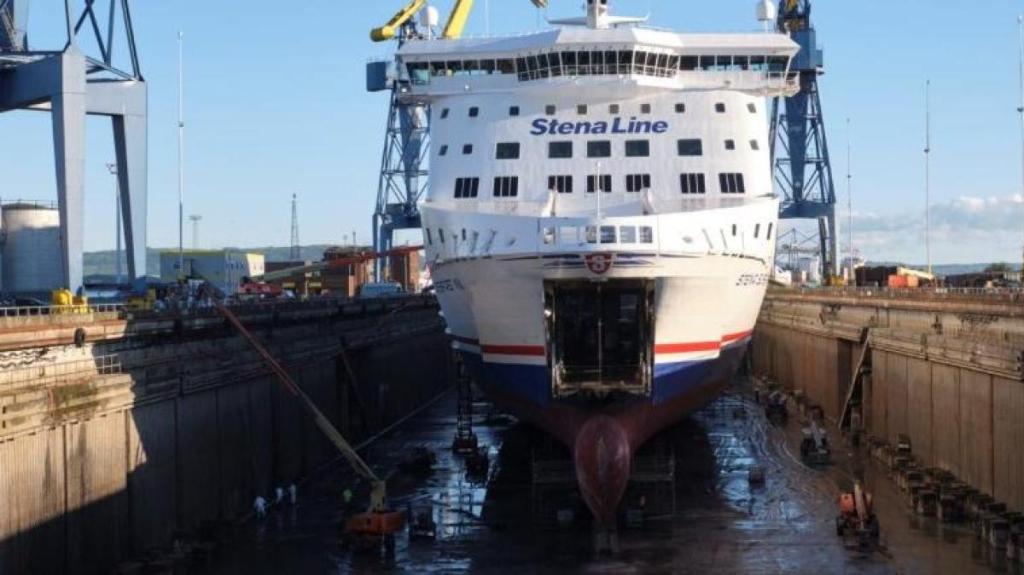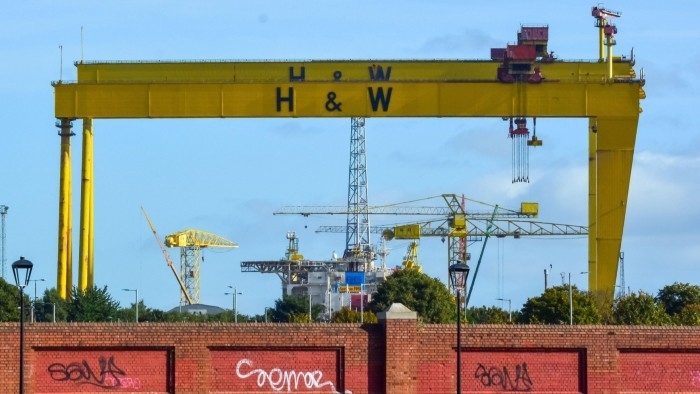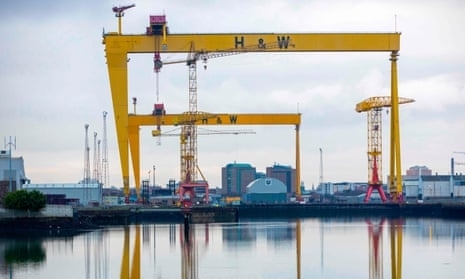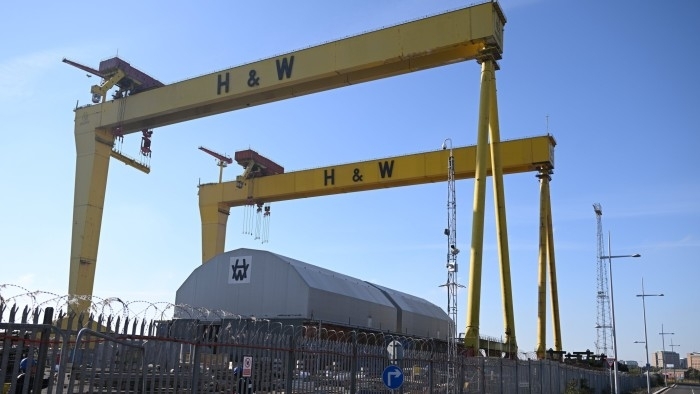Navantia Acquires Harland & Wolff to Revive UK Shipbuilding
Navantia's acquisition of Harland & Wolff secures 1,000 jobs and revitalizes UK shipbuilding, promising a bright future for the industry.
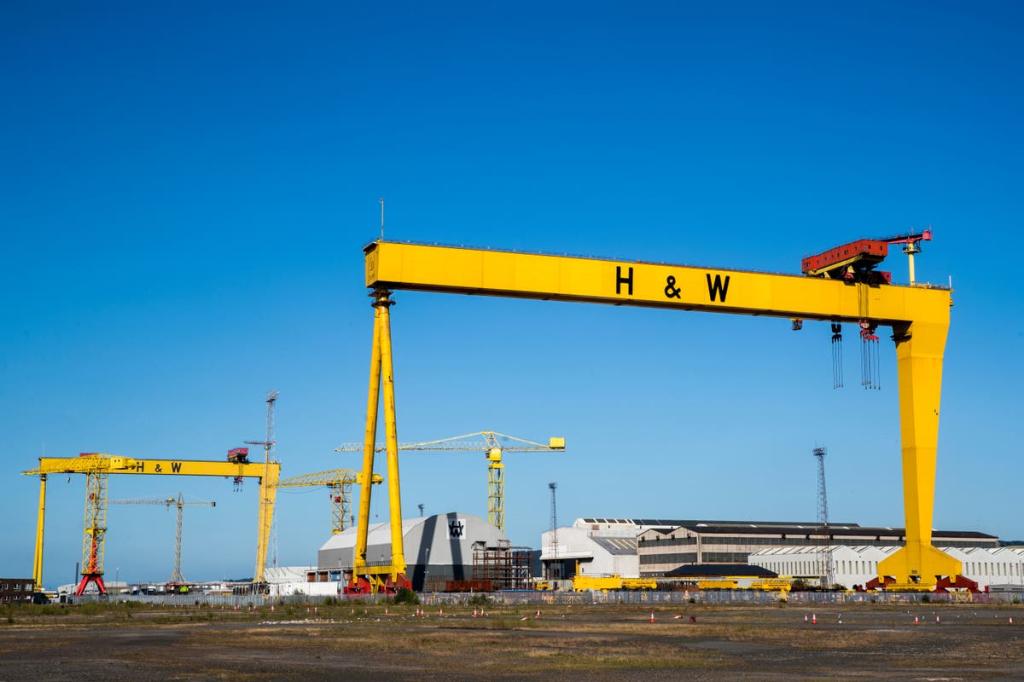
Key Points
- Navantia
's acquisition of
Harland & Wolffsecures 1,000 jobs across four UK shipyards, including the historic
Belfastfacility.
- The partnership enhances collaboration on the Royal Navy
's Fleet Solid Support Program, ensuring national defense capabilities.
- Investment in skills and local facilities is crucial for the future growth and sustainability of the UK shipbuilding industry.
The recent acquisition of Harland & Wolff by the Spanish state-owned shipbuilder Navantia marks a pivotal moment in the shipbuilding industry, particularly within the UK. After navigating turbulent waters and facing administration, this deal promises to secure hundreds of jobs and potentially ignite a new era of growth for iconic facilities known for their rich maritime history. This acquisition is not just a rescue mission; it signals hope for the future of shipbuilding across the UK.
A Historic Opportunity
The deal will safeguard approximately 1,000 jobs across Harland & Wolff’s four shipyards located in Belfast, Scotland, and Devon. This action is crucial as Harland & Wolff, famed for constructing the RMS
, has a long-standing heritage in shipbuilding that dates back to its founding in 1861. The acquisition will ensure that the workforce retains their existing terms and conditions, providing stability in uncertain times.
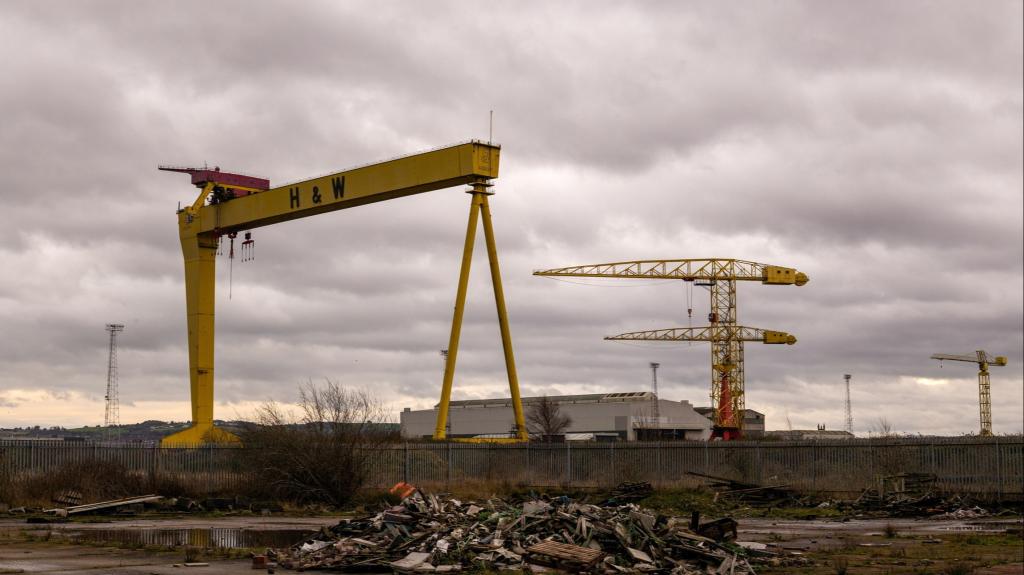
Collaboration for Future Contracts
Following the acquisition, Navantia is expected to enhance its collaboration with Harland & Wolff as they work together on the Royal Navy’s Fleet Solid Support (FSS) Program. This contract involves building three supply ships that are vital for maintaining naval operations, illustrating the significance of shipbuilding in national defense. The UK government has reaffirmed its commitment to boosting the domestic shipbuilding sector by amending the terms of the contract, thereby enabling Navantia to fulfill its obligations while securing additional funds for future developments.

Government Support and Strategic Importance
This acquisition represents a collaborative effort between the UK and Spanish governments, highlighting the strategic importance of maintaining sovereign shipbuilding capabilities. The UK government’s decision to offer more favorable contract terms underscores a unified approach to sustaining jobs and enhancing local economies.
Scottish Secretary Ian Murray described the deal as a "Christmas present" for workers in Methil and Arnish, reflecting an optimistic sentiment across the industry. The Scottish Deputy First Minister echoed similar sentiments by emphasizing the economic significance of the yards involved. The focus now shifts to expanding opportunities in the offshore sector, spurred by renewed confidence in the shipbuilding landscape.

Looking Ahead: Challenges and Potential
While the acquisition heralds a promising future, it is essential to recognize the challenges that lie ahead. Industry experts caution that without continued investment in local skills and necessary facilities, the shipbuilding sector may risk falling back into a cycle of uncertainty. Matt Roberts, a national officer at the GMB union, stated the necessity for "proper investment into local skills and facilities at all four yards", emphasizing that the survival of Harland & Wolff is intertwined with the British government’s commitment to onshore orders and economic revitalization.

Conclusion: A Bright Future for Shipbuilding
In summary, the acquisition of Harland & Wolff by Navantia is more than just a transaction; it is a significant step toward revitalizing the UK shipbuilding industry. As we witness this alliance, the prospects of job security, economic growth, and enhanced defense capabilities are not just hopes—they are becoming a reality. With proper investment and a collaborative approach between the government and shipyards, the future is looking increasingly bright for the shipbuilding sector. Scotland,
, and beyond can look forward to a robust maritime future anchored by innovation and skilled craftsmanship.
